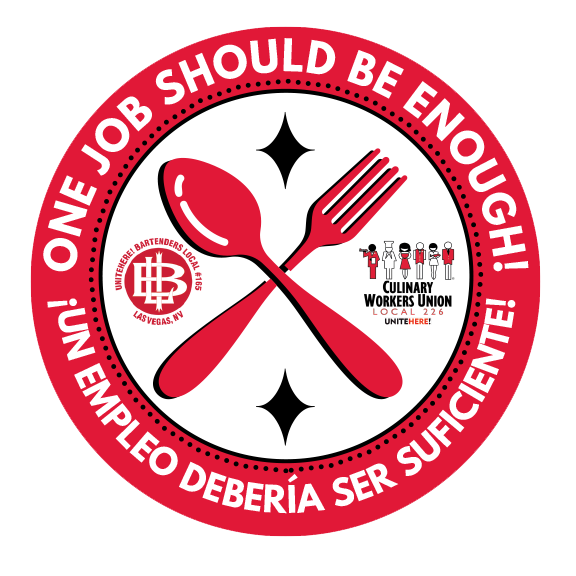Last month, Oscar Hernández couldn’t sleep. The cook, who worked at a restaurant located inside of a Las Vegas casino, had found that after coming home from his shifts, his body would not properly cool down.
The air conditioning at work had been broken for about four months. Hernández worked eight-hour shifts during the restaurant’s brunch service, whipping up eggs, waffles, and fried chicken. He spent hours in front of a scaldingly hot grill — an older model that only ran at extremely high temperatures. Most often, his station on the line was in a corner, and it seemed as if all of the other heat sources in the kitchen — the gas burners, the four deep-fryers, the waffle iron — converged right there. Summer had not officially started, but Las Vegas was already seeing above-normal temperatures in May, sometimes reaching triple digits. The fans that the owners put in the kitchen were not strong enough to cool down the space.
Extreme heat is nothing new to Hernández, who lives in Nevada and has worked in the restaurant industry for 22 years. But the situation at this non-union restaurant, a rarity on the Las Vegas strip, was becoming untenable. Sometimes it got so hot in the kitchen that Hernández preferred the heat outside, where at least there was a breeze. He had a headache that would not go away, and at home he sometimes found himself getting irritated with his children over small things.
“The heat inside a restaurant is different — it gets into your body,” Hernández said in an interview in Spanish. He knew doctors recommend getting adequate rest to help recover from overheating, but now he could not do even that. So he quit.
“I’m the only one who works in my family,” he said. “So I decided that I’d rather look for another job, one where I can work comfortably and then hopefully, I’ll be able to get some sleep.” He has since found a job at a different restaurant.
Stories of working under heat stress are common in the restaurant and food service industry, where back-of-house workers stationed “on the line” must stay on their feet for hours, cooking and prepping next to hot stoves, ovens, fryers, and more. But increasingly, this workforce must contend with an additional source of heat exposure: the record-breaking summer temperatures and heat waves taking place outside the kitchen. The confluence of indoor and outdoor heat has inspired some workers to unionize and fight for stronger safeguards at work. Employees at a Seattle-based sandwich chain recently secured historic protections against extreme heat in their first union contract. Labor organizers say they expect more food service workers to organize and bargain around heat in the years to come.
